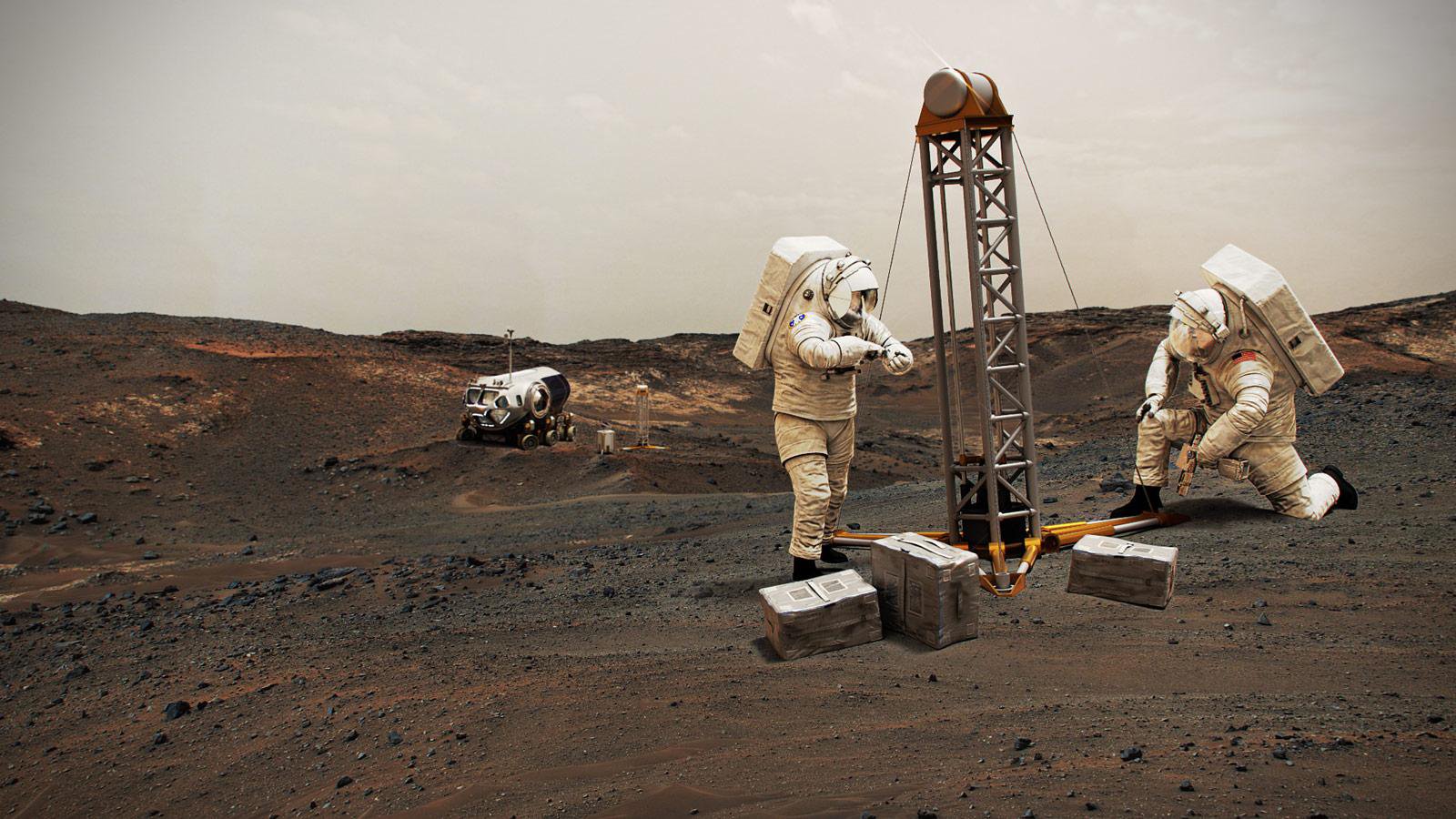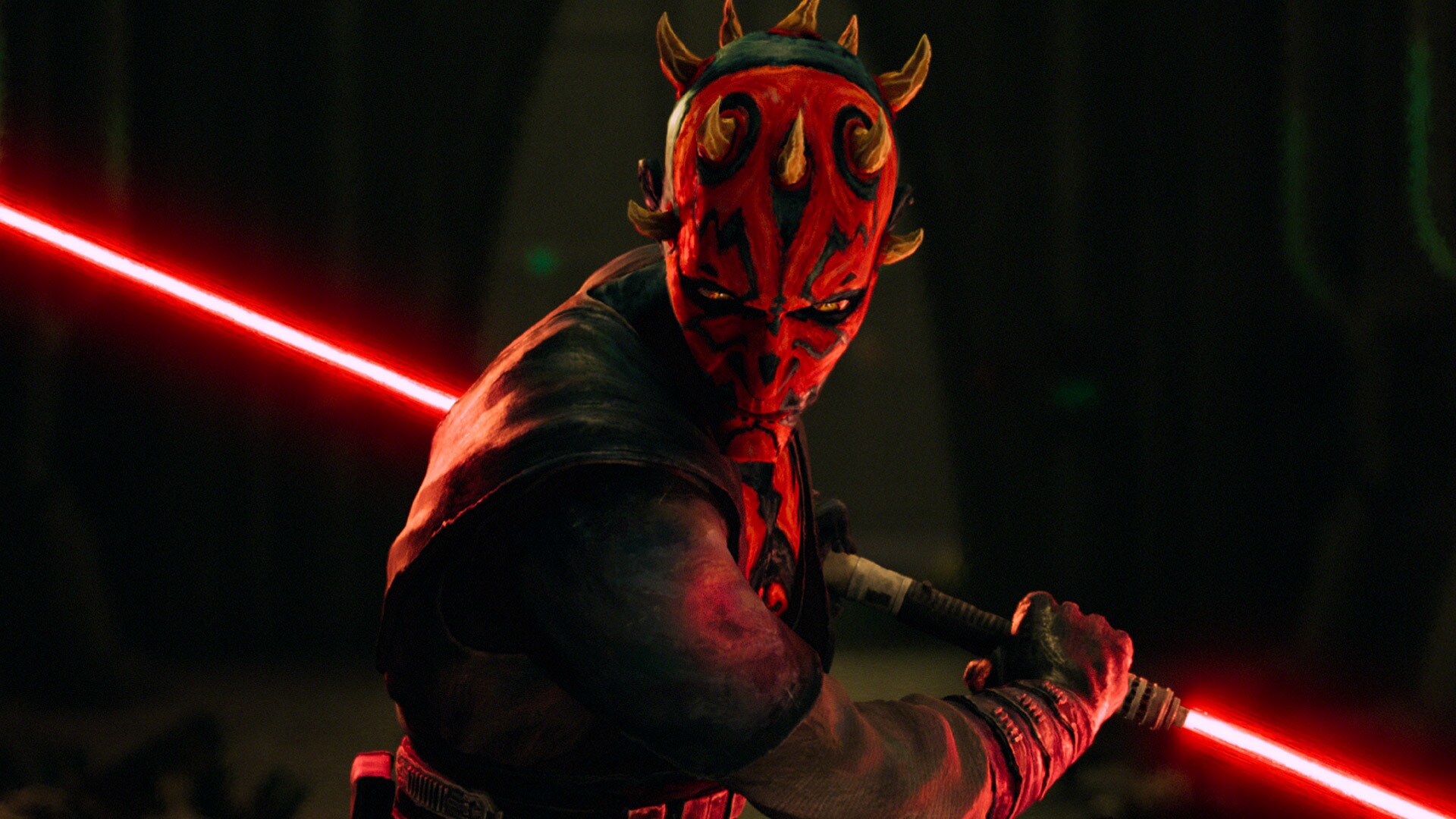Long space missions take a toll on astronaut brains, study finds
'How this impacts performance and long-term health is an open question.'

Long missions and frequent voyages to space may take a toll on astronaut brains, a new study suggests.
Previous research discovered that spaceflight can trigger widespread changes in the human brain. Shedding light on these changes and their potential effects may prove key to success in future missions, such as planned multi-year voyages to Mars.
The most enduring spaceflight-related changes in the brain yet detected are the way cavities in the brain known as ventricles can enlarge by up to 25%. Ventricles are filled with cerebrospinal fluid, which helps protect, nourish and remove waste from the brain. The absence of a gravitational pull leads the brain to shift upward in the skull and causes the ventricles to expand.
Related: Long space missions can change astronaut brain structure and function
It remains uncertain what the long-term consequences of this ventricle expansion might be. "How this impacts performance and long-term health is an open question," study senior author Rachael Seidler, a space health researcher at the University of Florida in Gainesville, told Space.com.
One mystery regarding this ventricle expansion is whether it differs with factors such as varying mission length, the number of previous missions flown, or time between missions. To find out, Seidler and her colleagues scanned the brains of 30 astronauts using MRI before and after spaceflight. They looked at eight astronauts who went on two-week missions, 18 on six-month missions, and four who went on longer missions of up to one year.
The scientists found that longer spaceflight missions resulted in greater ventricle swelling, most of which happened during the first six months in space.
Breaking space news, the latest updates on rocket launches, skywatching events and more!
"The biggest jump comes when you go from two weeks to six months in space," Seidler said in a statement. "There is no measurable change in the ventricles' volume after only two weeks."
Given the rise in space tourism in recent years, these findings may prove welcome, as shorter space trips appear to cause little physical change to the brain. In addition, the rate of ventricle enlargement tapered off after six months in space, which may also be good news — these changes don't continue to increase over time, Seidler said. "This is important to know for future longer duration missions, such as to Mars," she noted.
The scientists also found that less than three years between spaceflights may not provide enough time to give the ventricles enough time to fully recover to how they were before spaceflight. "This is a surprisingly long time," Seidler said.
These findings might influence future space mission planning. However, since the medical implications of this ventricle expansion remain uncertain, "it's not clear whether or how this will impact flight scheduling," Seidler said. "Waiting this long may not be a necessity."
In the future, the researchers will examine long-term health in astronauts, "including testing crewmembers out to five years post-flight," Seidler said. "This will help enormously in terms of understanding the potential implications of the current results. But the work is expected to take 10 years."
The scientists detailed their findings online today (June 8) in the journal Scientific Reports.

Charles Q. Choi is a contributing writer for Space.com and Live Science. He covers all things human origins and astronomy as well as physics, animals and general science topics. Charles has a Master of Arts degree from the University of Missouri-Columbia, School of Journalism and a Bachelor of Arts degree from the University of South Florida. Charles has visited every continent on Earth, drinking rancid yak butter tea in Lhasa, snorkeling with sea lions in the Galapagos and even climbing an iceberg in Antarctica. Visit him at http://www.sciwriter.us
